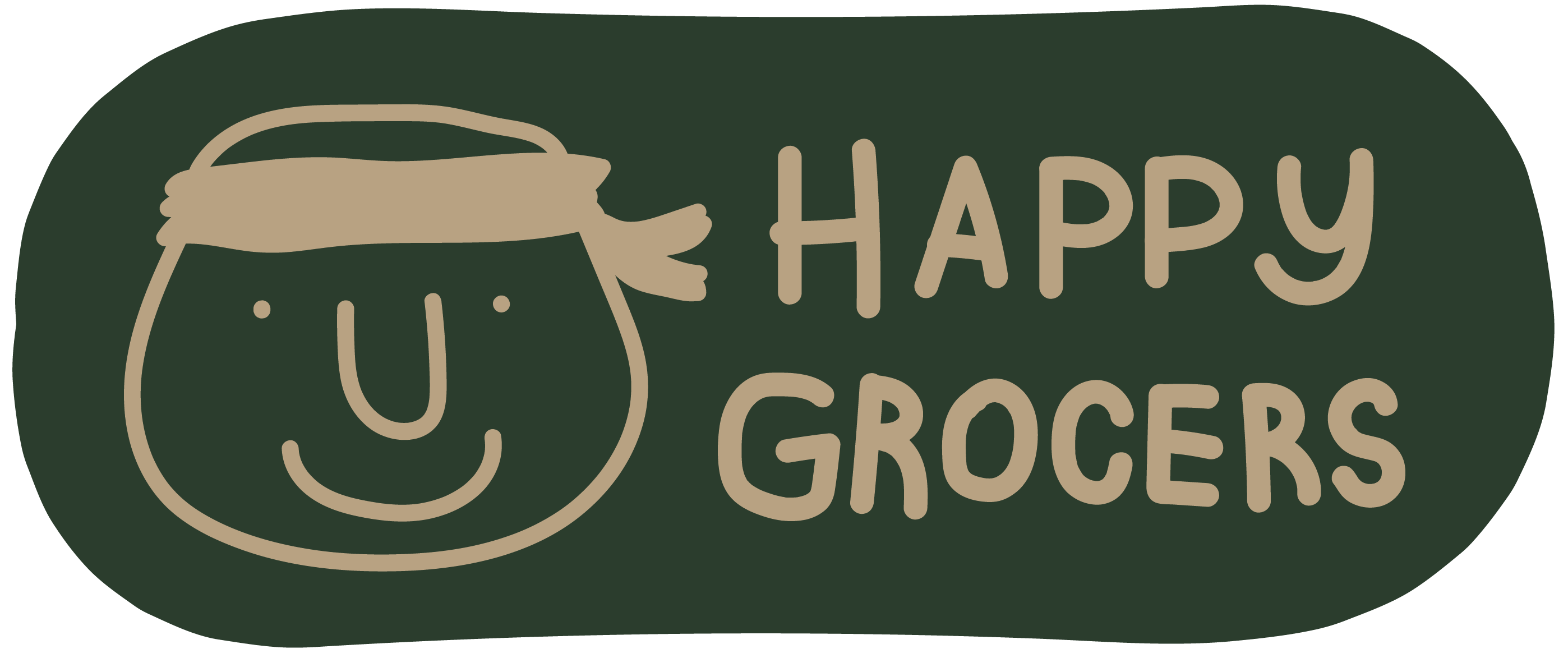Coco Loop: Circular Materials from Coconut Husk
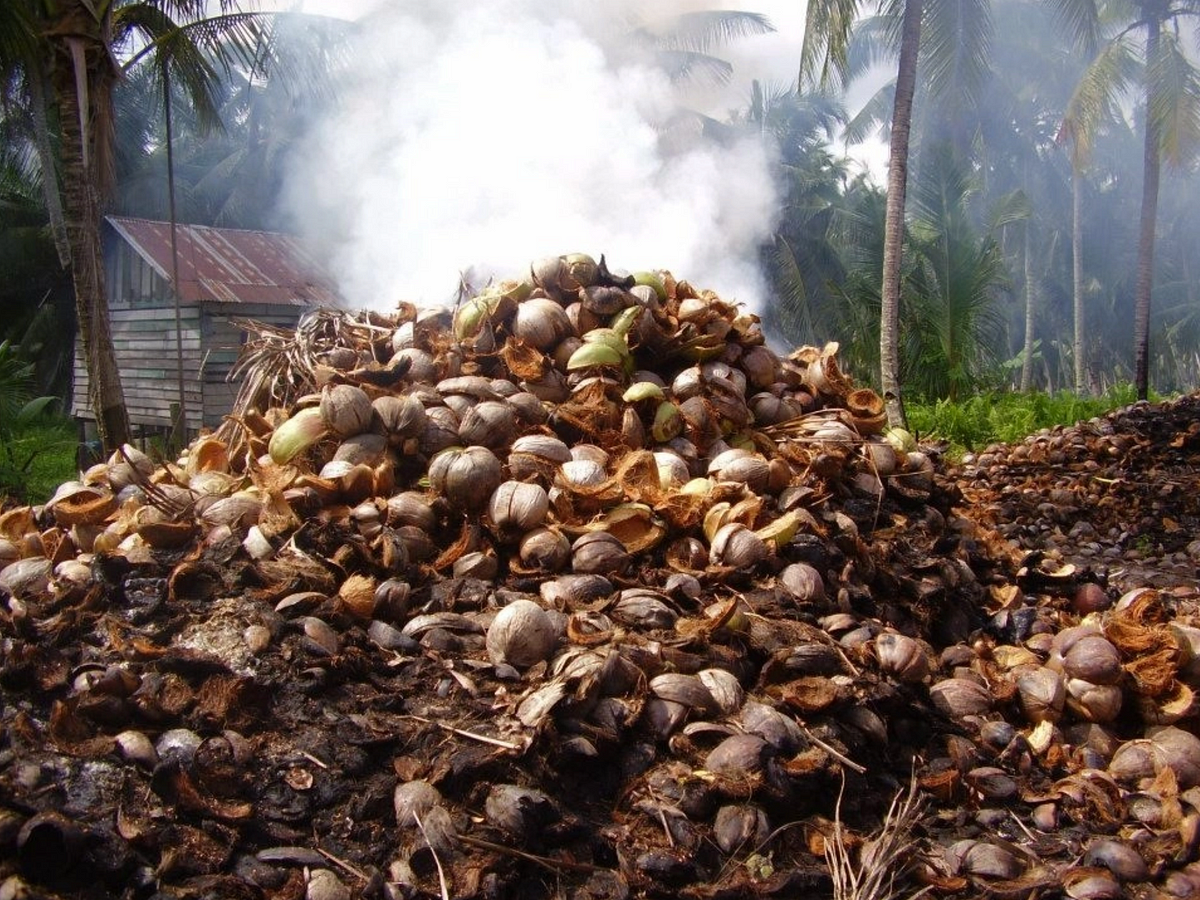
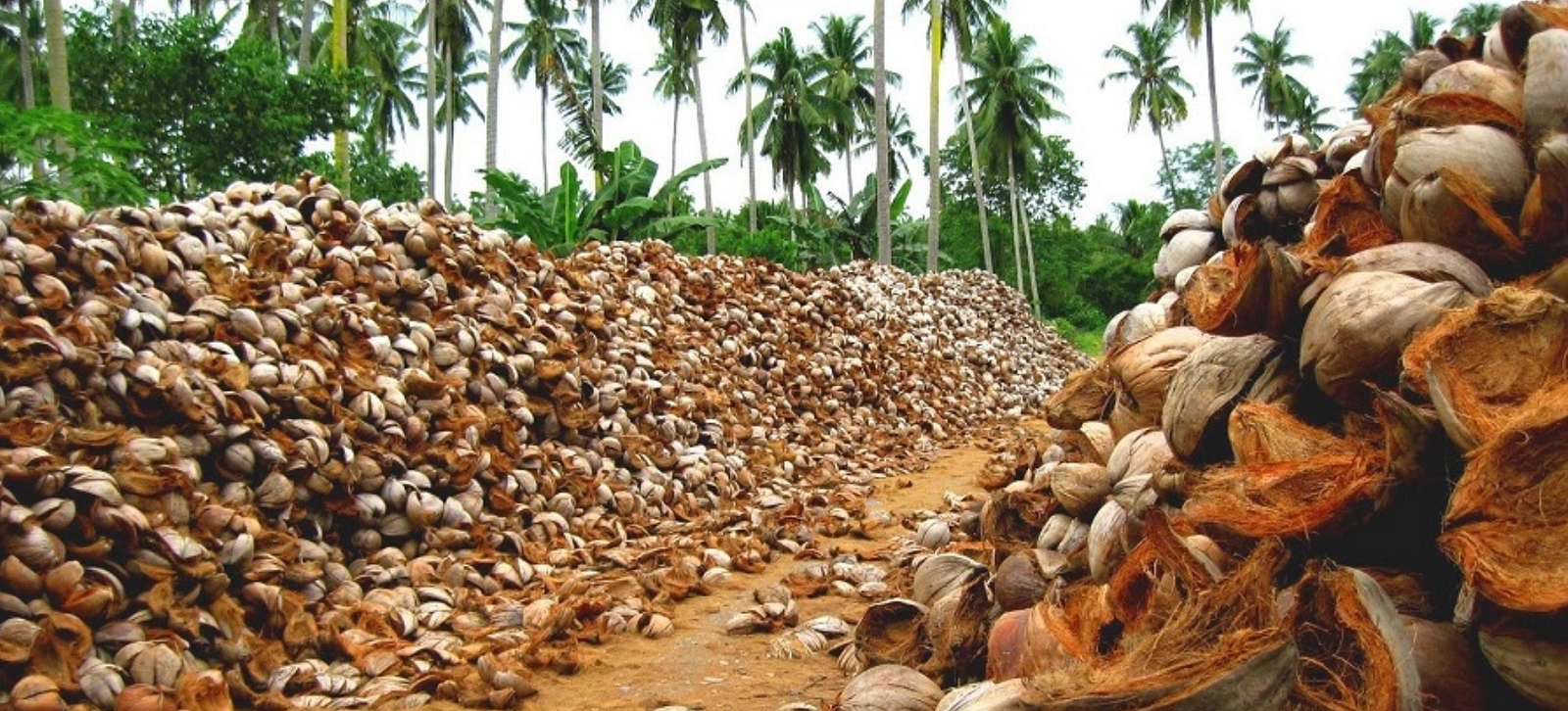
Coconut husk waste generated from farms and manufacturing factories in Thailand presents a significant environmental problem. Improper disposal leads to waste accumulation, soil and water pollution, and greenhouse gas emissions.
Recognizing the urgency to address this issue, “Coco Loop” has been initiated to explore innovative and sustainable ways to manage coconut husk waste and unlock its potential for creating value-added products. By repurposing this waste, the project aims to contribute to a circular economy model while benefiting farmers, consumers, and the environment.
Coco Loop is also an opportunity for university students from Chulalongkorn University’s School of Integrated Innovation to apply Design Thinking to solve real world’s problem! This project will start from August 2023.
Understanding the Environmental and Social Impacts
Coconut husk waste poses significant environmental and social challenges in Thailand. The accumulation of husks in landfills or their burning release harmful pollutants, leading to soil and water pollution. Furthermore, the decomposition process contributes to greenhouse gas emissions, exacerbating climate change concerns. Additionally, burning husks causes respiratory issues for nearby communities, resulting in health hazards. The agricultural land is also compromised as the waste takes up valuable space.
Exploring the Potential for Circular Economy
Coconut husks possess qualities that make them suitable for up-cycling into various products, offering the potential for a circular economy. The strong and durable coir fibers found in husks can be extracted and used in diverse applications. These fibers have excellent tensile strength, absorbency, and are biodegradable, making them ideal for soil erosion control, water filtration, and horticultural uses. Furthermore, as coconut production is abundant in Thailand, utilizing this waste resource provides a cost-effective raw material option.
Examples of Coconut Fiber(Coir) Products
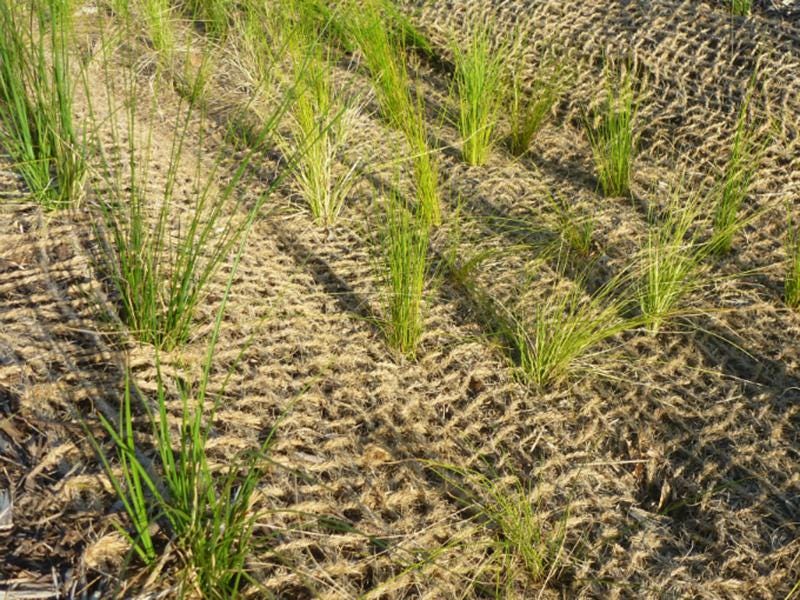
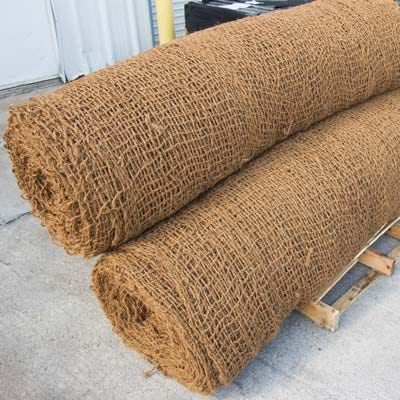
Coir Mats and Erosion Control Products: Coir mats and erosion control products are made from coconut fiber and are commonly used in landscaping, construction, and environmental restoration projects. These mats provide erosion control, slope stabilization, and help promote vegetation growth.
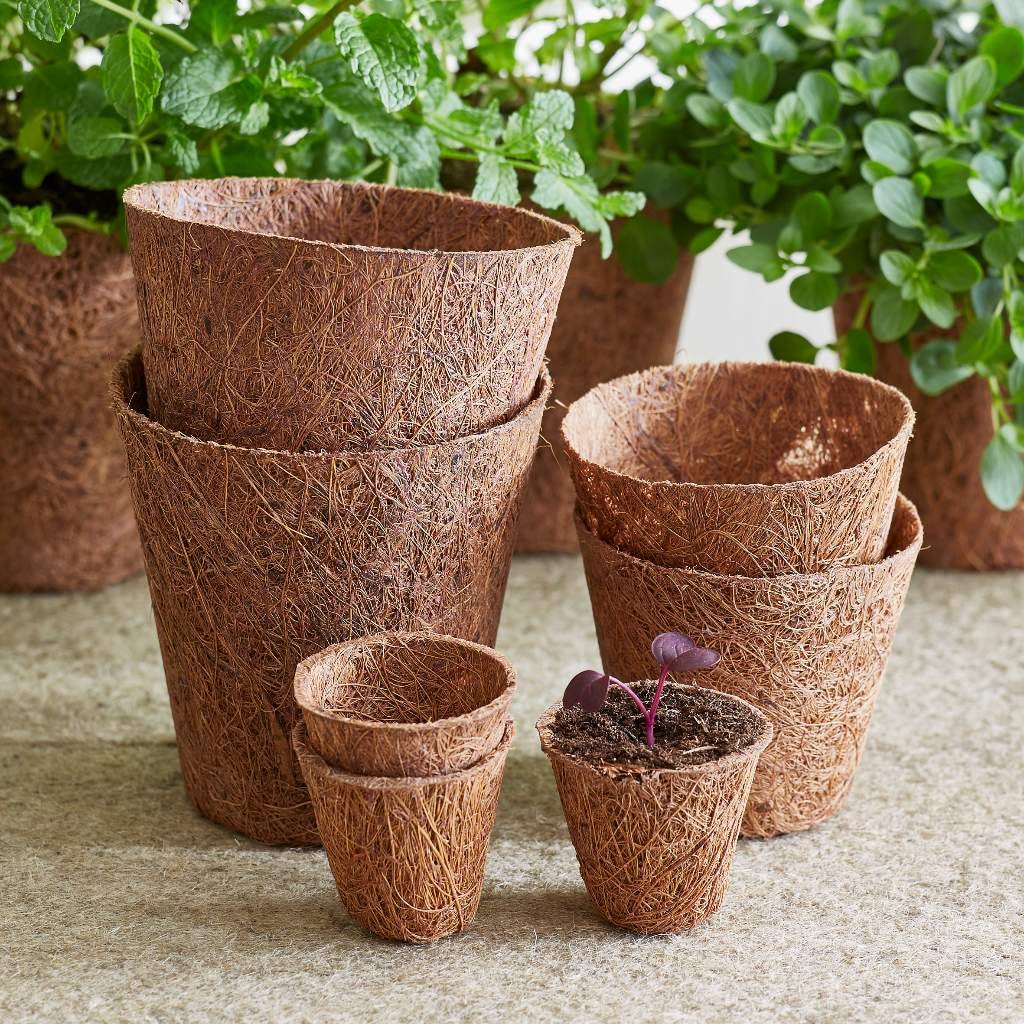
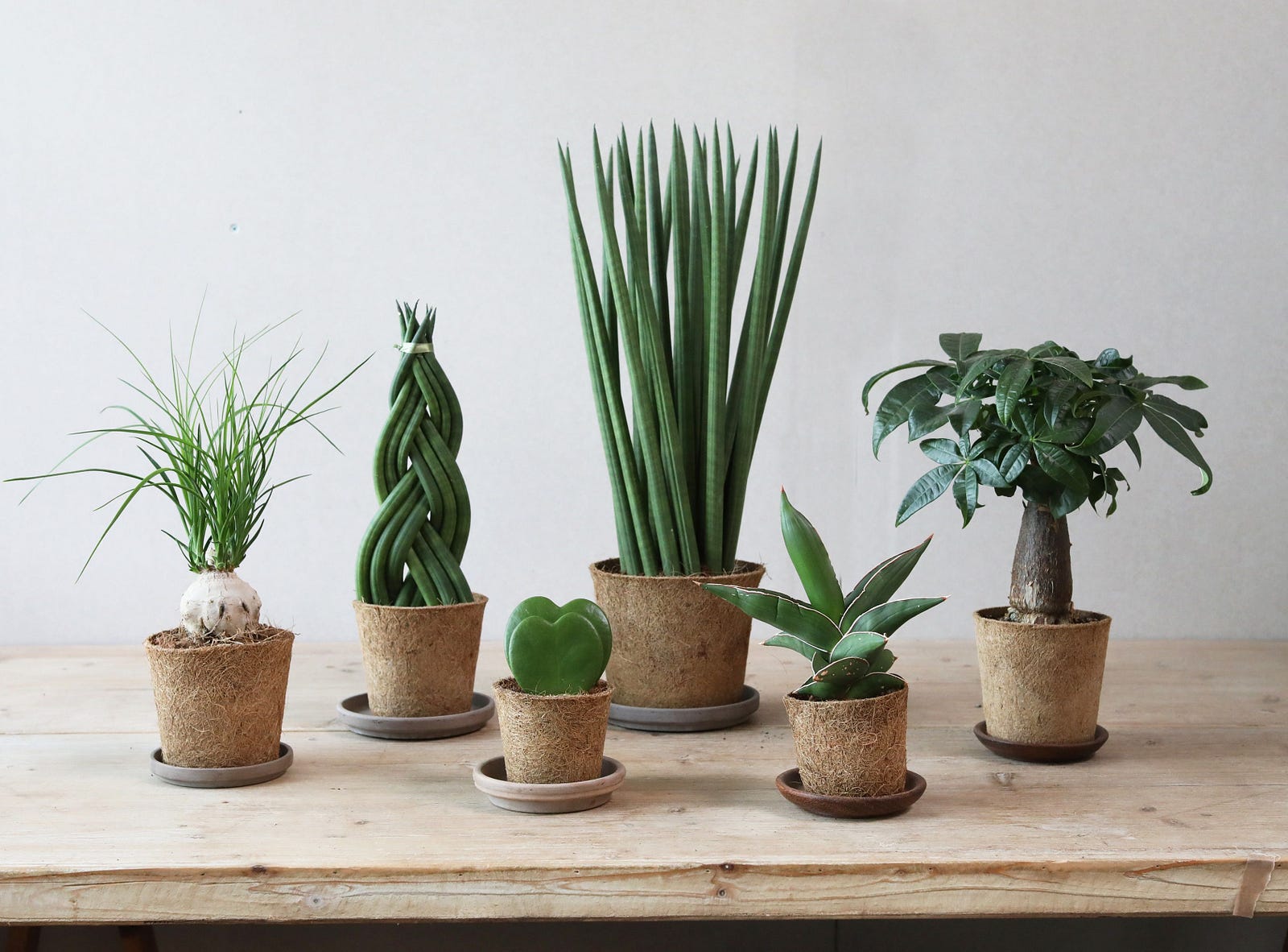
Coir Pots and Planters: Coir pots and planters are sustainable alternatives to traditional plastic pots. They are made from compressed coconut fiber and are biodegradable. These pots provide excellent drainage, promote root aeration, and can be directly planted in the ground without disturbing the plant’s root system.
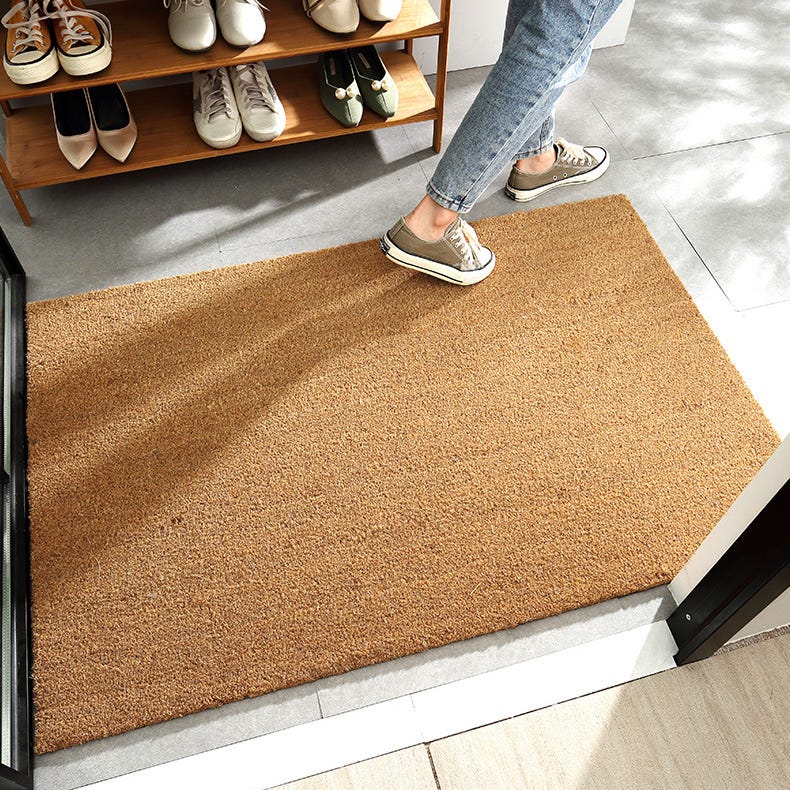
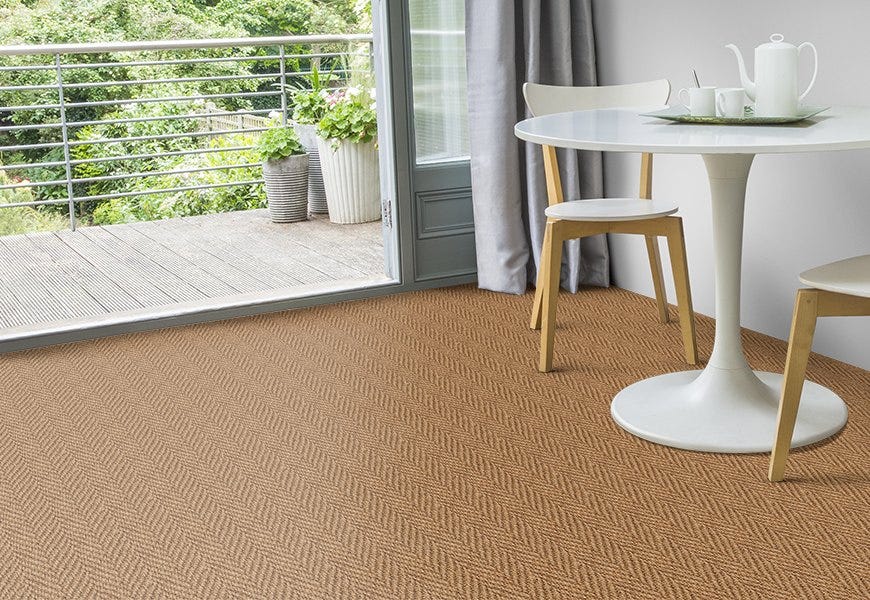
Coir Doormats and Floor Coverings: Coir doormats and floor coverings are popular due to their durability and natural aesthetics. Made from coconut husk fibers, these mats trap dirt and moisture effectively, making them ideal for entrance areas and high-traffic zones.
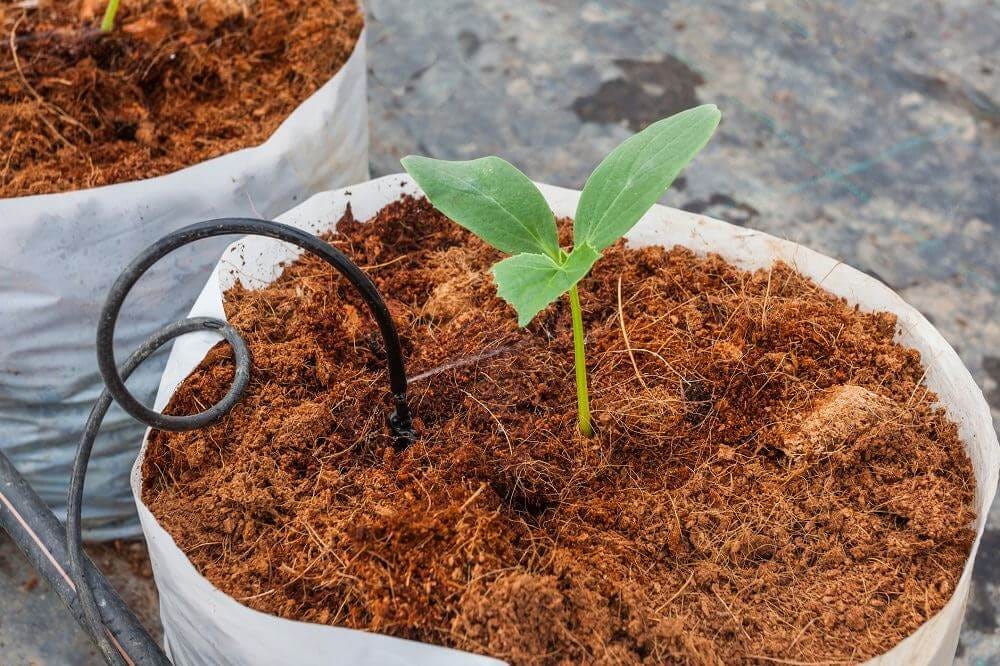
Coir Substrates for Horticulture: Coconut fiber is widely used as a growing medium in horticulture. Coir substrates offer excellent water retention and aeration properties, providing an ideal environment for plant growth. They are commonly used in potting mixes, hydroponics, and greenhouse cultivation.
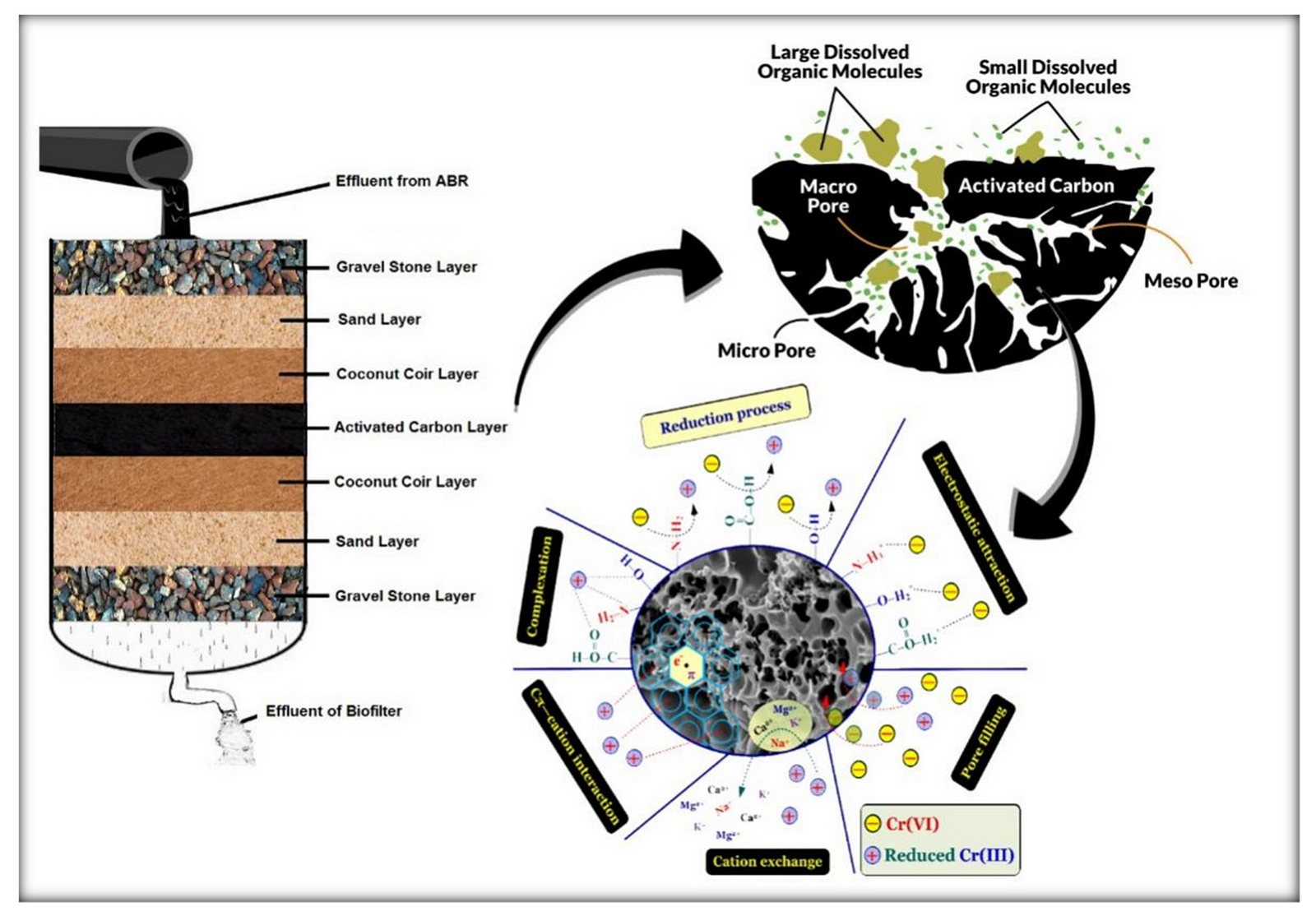
Coir-based Biofilters: Coconut fiber-based biofilters are used in water treatment systems to remove contaminants and pollutants. The high surface area of coir fibers allows for effective filtration, making them a sustainable and cost-efficient option for water purification.
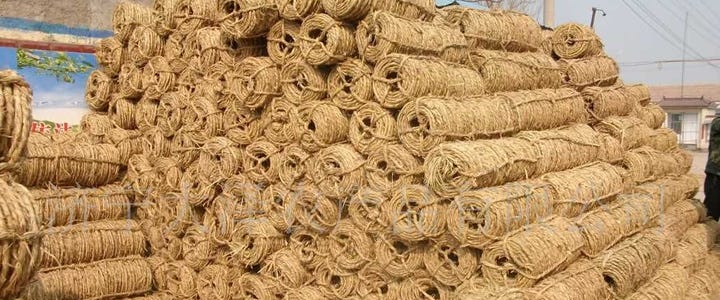
Coir Rope and Twine: Coconut fiber can be spun into ropes and twines, which are utilized in various applications such as agriculture, construction, and arts and crafts. Coir ropes are known for their strength, durability, and resistance to saltwater, making them suitable for marine and outdoor use.
